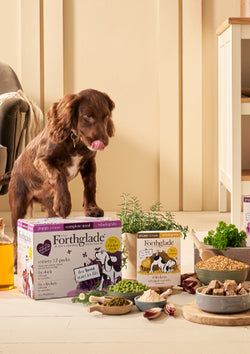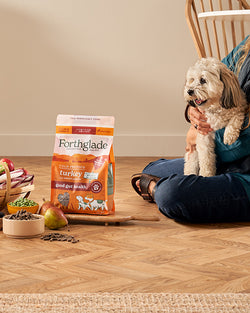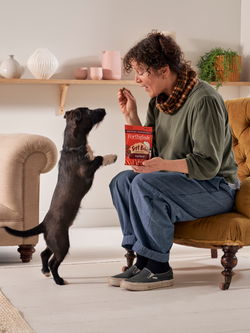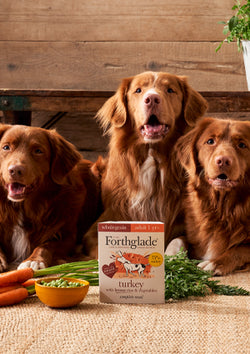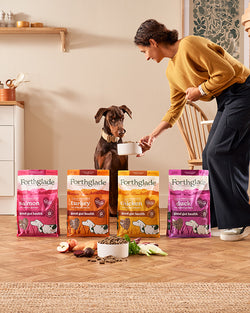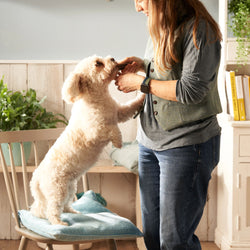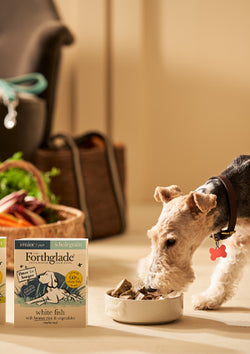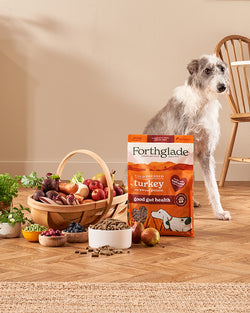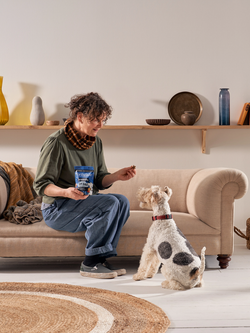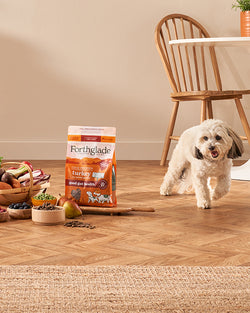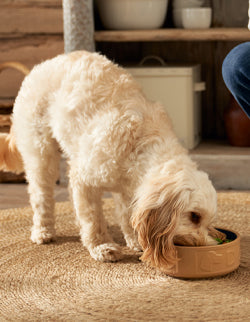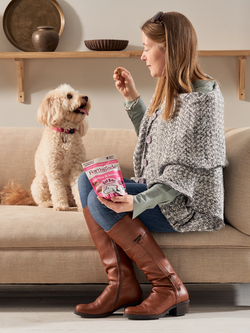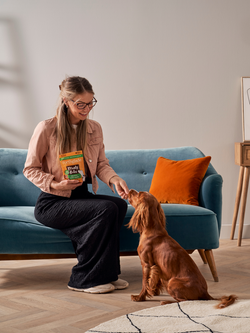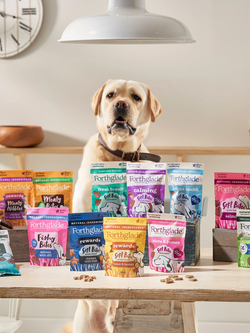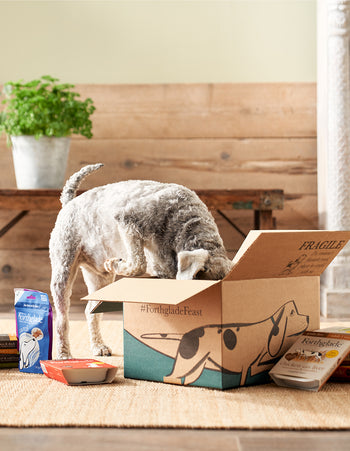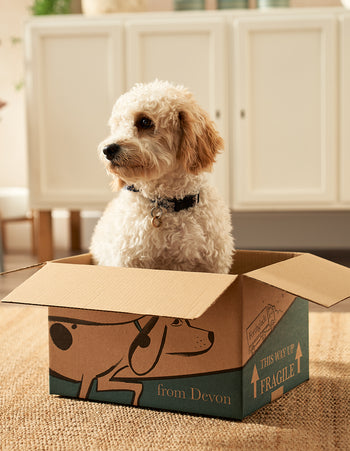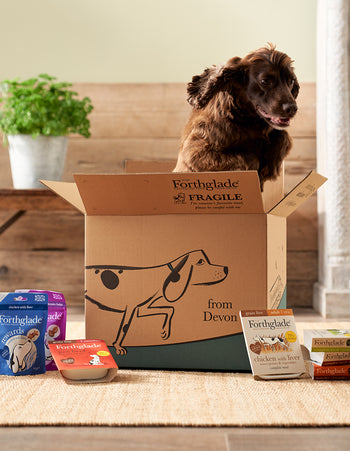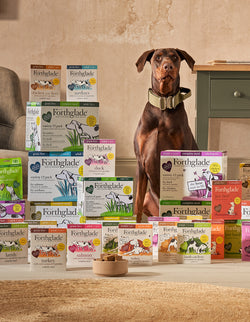
Introducing vegetables into your dog’s diet can be beneficial, but it's crucial to know which ones are safe. Can dogs eat vegetables? Yes, many vegetables are safe and healthy for dogs, but some can be harmful. This guide will help you understand which vegetables your furry friend can enjoy and which ones to avoid.
Can Dogs Eat Vegetables?
Yes, dogs can eat vegetables, and they can be a nutritious addition to their diet. Vegetables provide essential vitamins, minerals, and fibre that contribute to a dog's overall health. However, not all vegetables are suitable for dogs, and it's important to know which ones are safe and how to prepare them.
What Vegetables Are Good for Dogs?
Can Dogs Eat Carrots?
Yes, dogs can eat carrots. Carrots are a great low-calorie snack that is high in fibre and beta-carotene, which produces vitamin A. Chewing on carrots can also help improve your dog’s dental health. Our Turkey with vegetables natural wet dog food is a great way to introduce vegetables to your dogs diet.
Can Dogs Eat Celery?
Yes, dogs can eat celery. Celery is low in calories and contains vitamins A, C, and K, along with folate, potassium, and manganese. It can help freshen your dog’s breath and promote a healthy heart.
Can Dogs Eat Green Beans?
Yes, dogs can eat green beans. Green beans are full of essential vitamins and minerals like vitamin A, vitamin C, vitamin K, and manganese. They are also a good source of fibre and can help dogs feel full without adding too many calories.
Can Dogs Eat Beetroot?
Yes, dogs can eat beetroot in moderation. Beetroot is rich in fibre, vitamin C, potassium, and manganese. It can support digestive health and provide antioxidants. However, too much beetroot can cause digestive upset, so it's best to offer it in small amounts.
Can Dogs Eat Peppers?
Yes, dogs can eat bell peppers. Bell peppers are packed with vitamins A, C, and E and can provide a crunchy and refreshing treat. However, avoid feeding hot peppers as they can cause discomfort and irritation.
Can Dogs Eat Broccoli?
Yes, dogs can eat broccoli. Broccoli is rich in fibre and vitamin C and can support a healthy immune system. However, it should be given in small amounts because too much can cause gastrointestinal irritation.
Can Dogs Eat Peas?
Yes, dogs can eat peas. Peas are a good source of vitamins A, K, and B, as well as protein and fibre. They can be added to your dog's meals for an extra nutritional boost.
Can Dogs Eat Spinach?
Yes, dogs can eat spinach in moderation. Spinach contains iron, antioxidants, and vitamins A, B, C, and K. However, it also contains oxalates, which can interfere with calcium absorption and cause kidney issues if fed in large quantities.
Can Dogs Eat Sweet Potatoes?
Yes, dogs can eat sweet potatoes. Sweet potatoes are an excellent source of dietary fibre, vitamin B6, vitamin C, and beta-carotene. They support a healthy digestive system and provide sustained energy. Try our Beef with sweet potato recipe containing 75% beef, sweet potato and vegetables - it's grain free and hypoallergenic.

What Vegetables Are Bad for Dogs?
While many vegetables are safe for dogs, some can be harmful. Here’s a list of vegetables to avoid.
Avocado
No, dogs should not eat avocado. Avocado contains persin, a toxin that can cause vomiting and diarrhoea in dogs. The pit also poses a choking hazard.
Onions and Garlic
No, dogs should not eat onions and garlic. Both contain thiosulfate, which is toxic to dogs and can cause haemolytic anaemia, leading to symptoms like weakness, vomiting, and breathing difficulties.
Rhubarb
No, dogs should not eat rhubarb. Rhubarb contains oxalates that can cause kidney failure in dogs. Symptoms of rhubarb poisoning include drooling, vomiting, diarrhoea, and lethargy.
Mushrooms
No, dogs should not eat wild mushrooms. While some store-bought mushrooms are safe, many wild mushrooms are toxic and can cause severe reactions, including vomiting, diarrhoea, and neurological issues.
Corn on the Cob
No, dogs should not eat corn on the cob. While the kernels are not toxic, the cob can cause intestinal blockage, which can be life-threatening and require surgical intervention.
In conclusion, while vegetables can be a healthy addition to your dog’s diet, it’s essential to know which ones are safe and how to prepare them properly. Always introduce new foods gradually and consult your veterinarian if you have any concerns.
Be sure to check out our tried and tested tasty dog treats and natural dog food. Created with wellness and wellbeing in mind. Our soft dog treats and natural dog foods have numerous health benefits for your four-legged friend.
Don't just take our word for it! Take a look at our reviews to see how many tails Forthglade left wagging.
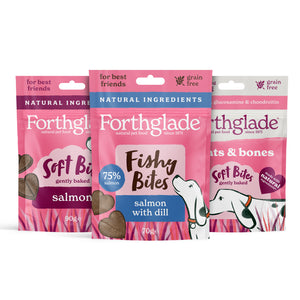
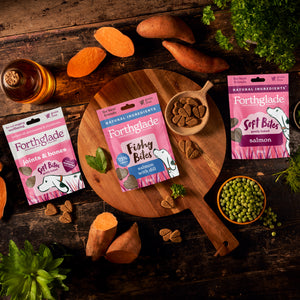
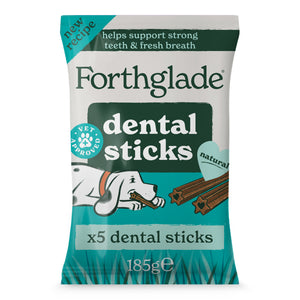
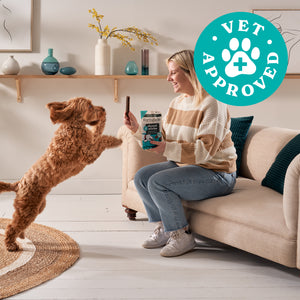
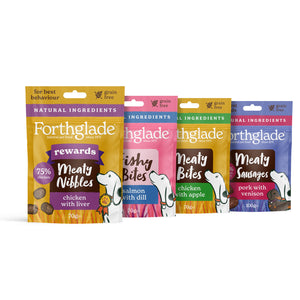
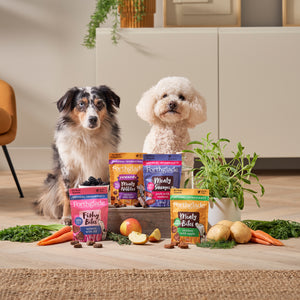
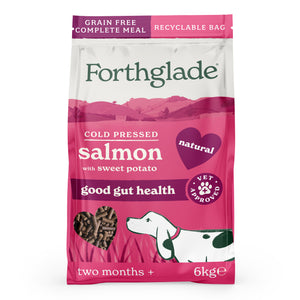
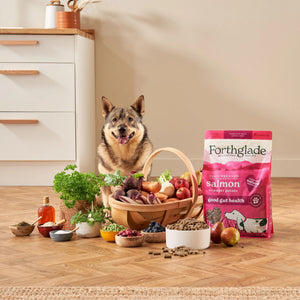


 Over 13,000 5* Reviews
Over 13,000 5* Reviews
 Subscribe & Save At Least 10% Off Every Order!
Subscribe & Save At Least 10% Off Every Order!


